First of all, we wish everyone a very happy Earth Day! Here’s a picture from regular contributing artist Jacques Fleury.

Poet and essayist Abigail George, whom we’ve published many times, shares the fundraiser her book’s press has created for her. She’s seeking contributions for office supplies and resources to be able to serve as a speaker and advocate for others who have experienced trauma or deal with mental health issues.
Also, the Educational Bookshop in Jerusalem, a store that has the mission of peaceful dialogue and education, invites readers to donate new or gently used books (all genres) that have been meaningful to them, with a note enclosed for future readers about why the books were meaningful. (The books don’t have to be about peace or social justice or the Mideast, although they can be). Please send books here. US-based Interlink Publishing has also started a GoFundMe for the store.
We’re also having a presence at the Hayward Lit Hop festival this year, and we encourage everyone to attend this free, all-ages event! Many local writers will share their work and we will also host an open mic.
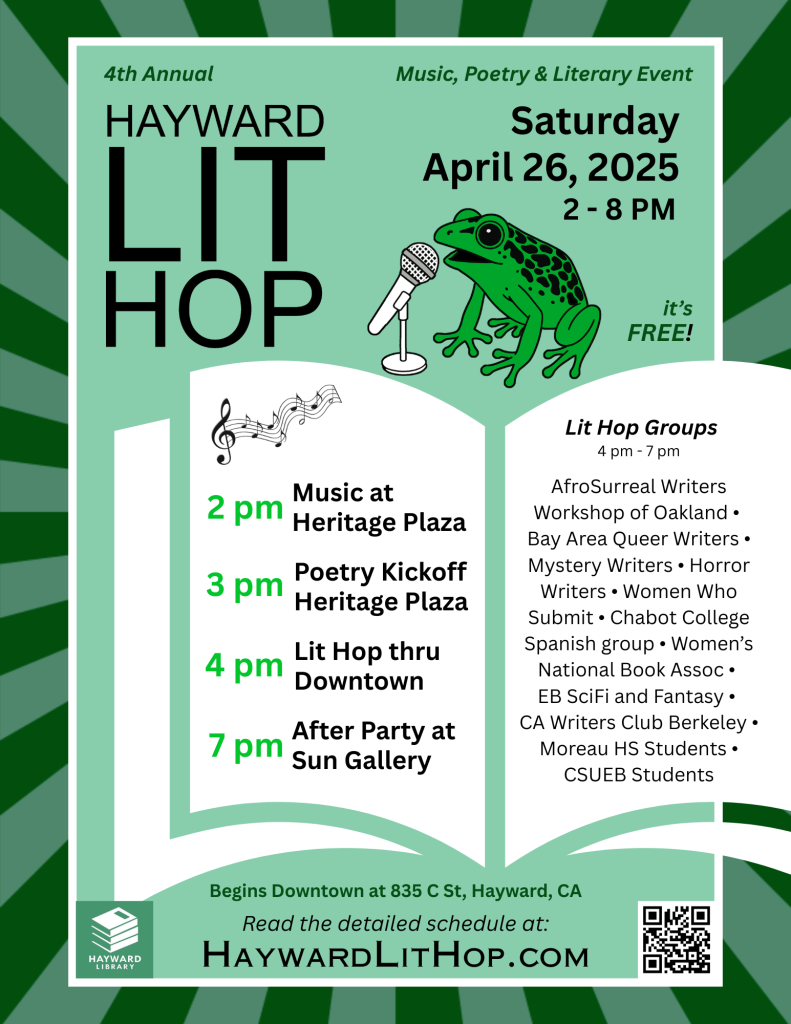
Passing along a message from someone who contacted us. If you’re interested, please email Mark directly at jennybridge45@gmail.com
Hi there, As a seasoned coordinator of educational events, this is my official introduction. Mark is my name. I hope our conversations won’t be hampered by my hearing loss. For an upcoming workshop, I’m searching for an illustrator, cartoonist, or artist to work with on a project. I’ll go over the project needs in detail and pay your fees in advance if you can assist. Once I indicate what has to be depicted or drawn, you can estimate the cost.
Mark Stewart from Ohio, USA.
This month’s theme is Lost and Found.
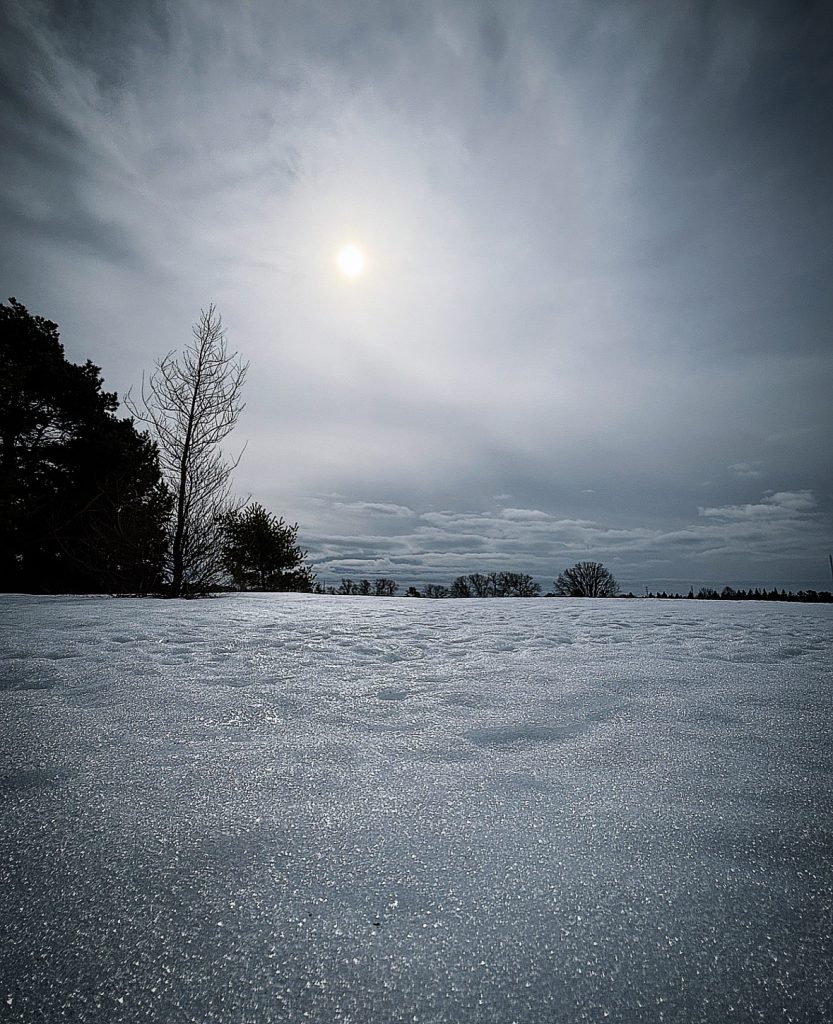
Brian Barbeito shares a mindful reflection on walking a paved road, finding a human place in nature. Rustamova Asalay depicts a farmer in tune with the sun and the cycles of nature. Stephen Jarrell Williams contributes several different ways of looking at and interacting with a city plaza. David Woodward contemplates life and aging while observing his garden, yet to bloom. Sayani Mukherjee dreams of flowers, rivers and mortality, biological life undergirding a modern city. Grzegorz Wroblewski, in a second set of poetry translated by Peter Burzynski, probes the corporeal and how we nourish ourselves.
Maniq Chakraborty speaks to being a lost traveler on a psychological journey. David Sapp writes of ordinary people and the weight of regret for their past choices, whether justifiable or not. Mykyta Ryzhykh’s poetry portrays people trapped in memory or dreamtime. Graciela Noemi Villaverde laments our human limitations: mortality and fragmentary knowledge. Sheila Murphy addresses isolation, confusion, and the weakness of language when it comes to expressing inmost feelings.
Bokijonova Madinabonu Batirovna’s piece explores the universality of grief and how it fragments and hardens some people’s selves. Denis Emorine’s novella Broken Identities explores the weight of the past, even a past we didn’t live through, and how it affects our sense of self. Tamara Walker (T.A. Aehrens) explores the practical and psychological process of repentance and healing from cultural sins in her novel Leaves from the Vine in an interview with editor Cristina Deptula. Vo Thi Nhu Mai’s elegant, understated poems express the weight of memory and unanswered questions.
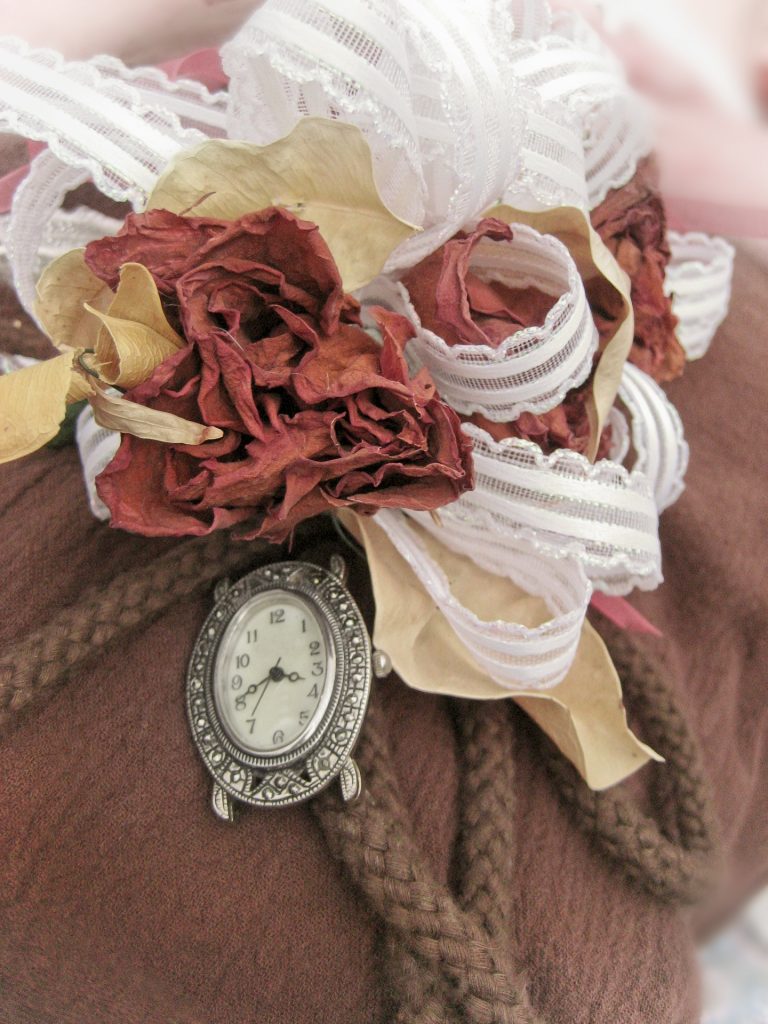
Eva Petropoulou Lianou’s poem, translated from Greek to English, and then to Bangla by Md. Sadiqur Rahman Rumen, expresses a warmer view of the past and nostalgia for the simple kindnesses of her childhood. Sterling Warner’s poetry revels in nostalgia, nature, and culture – from Silicon Valley to Oktoberfest. Mahbub Alam describes in great detail the Bangladeshi New Year celebration. Rashidova Shaxrizoda pays homage to her cultural past and the poetic heritage of Alisher Navoi. Kylian Cubilla Gomez looks at nature and culture with a whimsical and curious eye. Lilian Dipasupil Kunimasa learns from the past while planning for the future and playfully musing about the present.
Nigar Nurulla Khalilova’s poetic speaker leaves a beloved to pursue artistic dreams in a journey that resembles a camel caravan. Lalezar Orinbayeva reflects on how her youthful dreams have changed over time, but she has not lost her optimism or determination. Ismailova Hilola outlines events that inspired her to become a teacher, how she found her life’s calling.
Eshboyev Oybek Davlat Oglu also speaks to education, highlighting potential roles for e-learning. Shahina Olimova researches the use of role-playing games in English language learning.
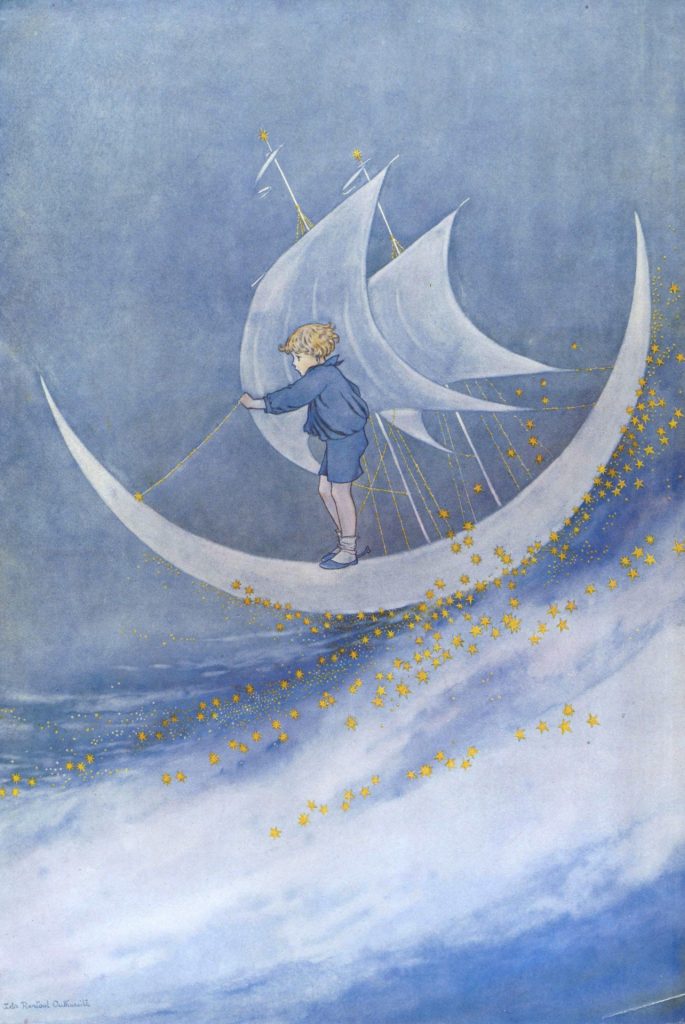
Chimezie Ihekuna shares his life’s purpose, asserting his artistic independence and desire to make the world a better place through writing and music. Biljana Letic of the Balkan Beats radio program interviews Maja Milojkovic about the spiritual, intercultural, and humane inspirations behind her writing. Shamsiya Khudoynazarova Turumovna’s poetry celebrates the beauty, grace, and discipline that goes into crafting haiku. Vernon Frazer positions words and shapes and fonts onto three pages with a loose theme of music. Rizal Tanjung explores the nuances and ambiguities within Anna Keiko’s abstract paintings. Jim Meirose’s piece mutates language into a mix of fonts and verbs and sounds, giving the sense of flying a plane.
Jacques Fleury also experiments with language as he reflects on learning to “go with the flow” of life, even when life’s “flow” is uneven, in a piece crafted during meditation. Gabriela Marin’s gentle poems evoke dreams, intimacy, and the imagination. Duane Vorhees’ pieces speak to attraction and intimacy, longing for human and poetic muses. Sam Hendrian explores moments of human connection and faux-connection.
Eva Petropoulou Lianou urges human solidarity and friendship: she wishes for women to stand together and befriend each other. Dr. Jernail S. Anand’s essay reminds us that society’s leaders should represent ethical values beyond money and power. Rahmat A. Muhammad expresses her hopes for international and domestic peace within her country. Ahmed Farooq Baidoon urges the world to become worthy of its children. Isabel Gomes de Diego’s photos celebrate new and burgeoning life in various forms. Isaac Aju’s short story challenges the Nigerian social taboo about middle-aged women remaining unmarried, celebrating a broader scope of people and lifestyles.
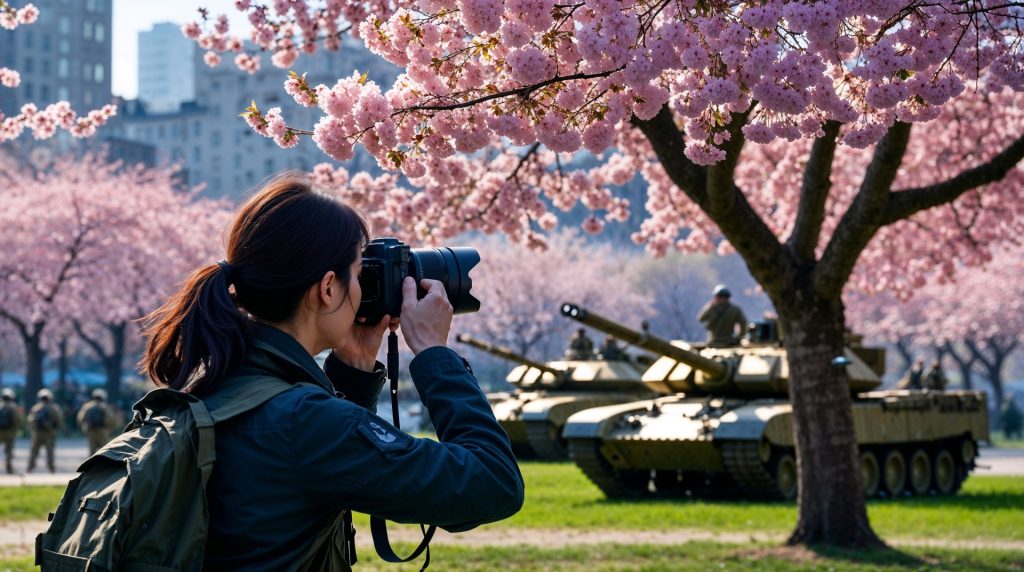
Even as we find some new joys and new lives, we sadly lose others. Ahmed Miqdad laments the destruction of Gaza and its ravages on both land and souls. Emran Emon decries the killing in Gaza and the U.N.’s lack of action. Daniel De Culla lampoons those who lead humanity while willfully ignoring climate change.
Sandro Piedrahita’s tale of conquest, tragedy, and some tiny justice finally served dramatizes the Spanish colonization of the Incas. Z.I. Mahmud explores dystopian elements within Margaret Atwood’s feminist classic The Handmaid’s Tale.
On a more personal level, Anna Keiko’s youthful-sounding poetry expresses tender lovesickness and fear of losing her beloved. Taylor Dibbert’s weary poetic speaker gives up on the dating world. Bill Tope’s short story presents a tragic interpersonal situation with tenderness, causing readers to think about the role of the justice system.
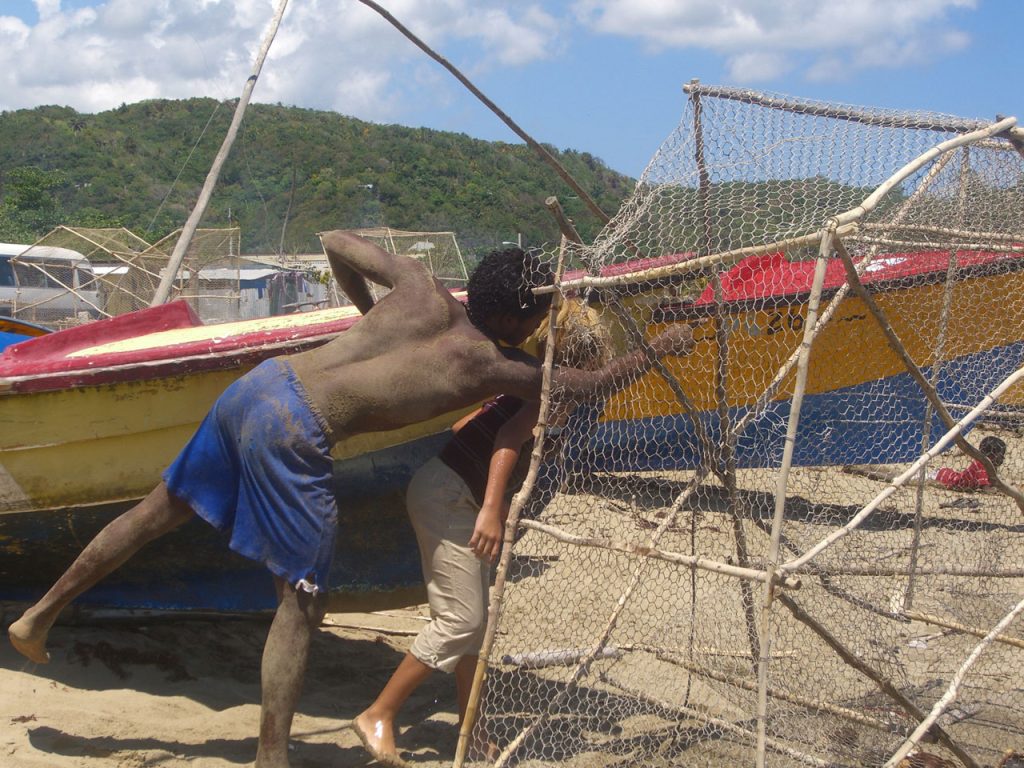
Christopher Bernard’s piece illustrates how humans can defend ourselves against all sorts of danger with calm, mindful preparedness. We hope that this issue will not only charm and entertain, but inspire and strengthen you to face the days ahead.

hi